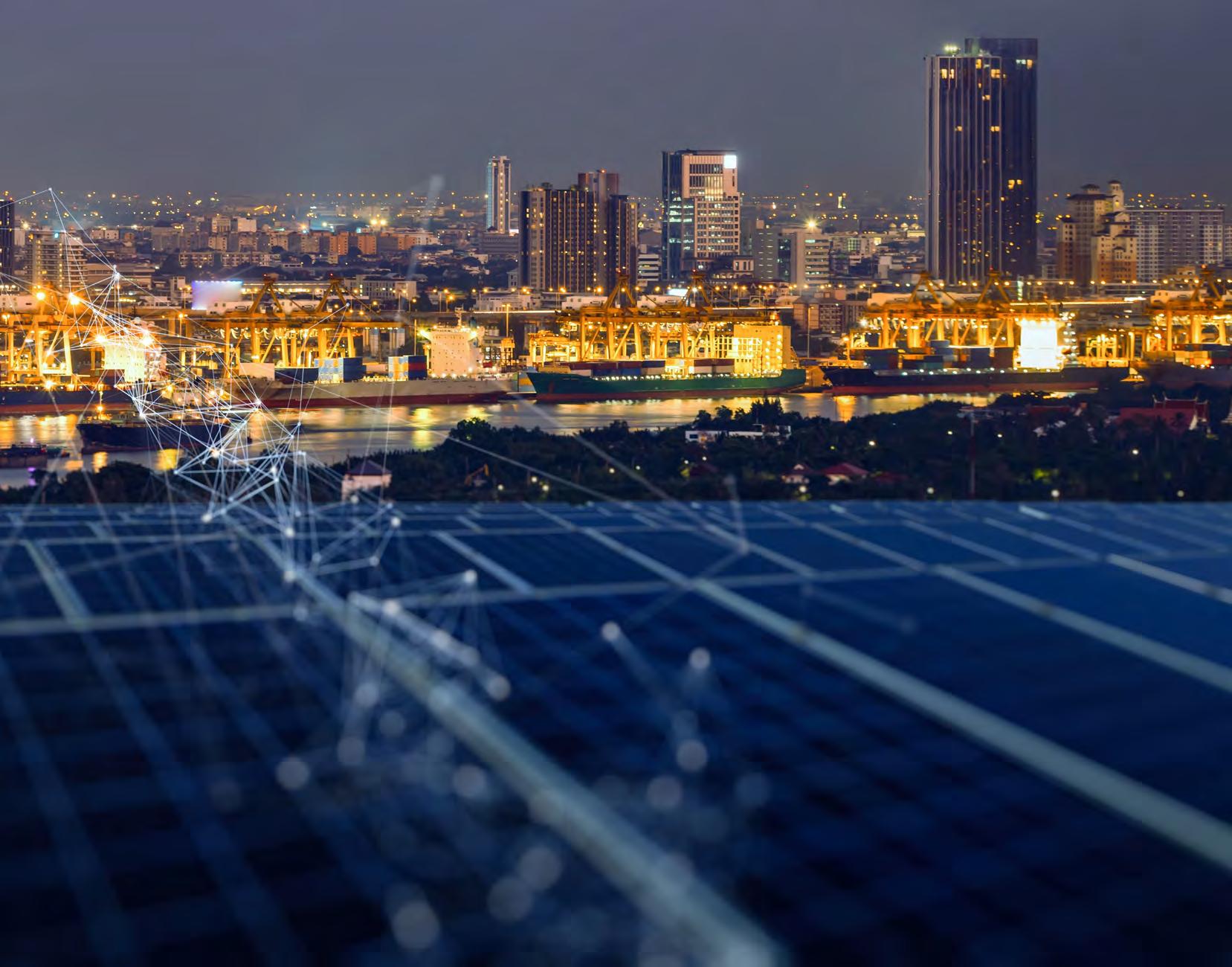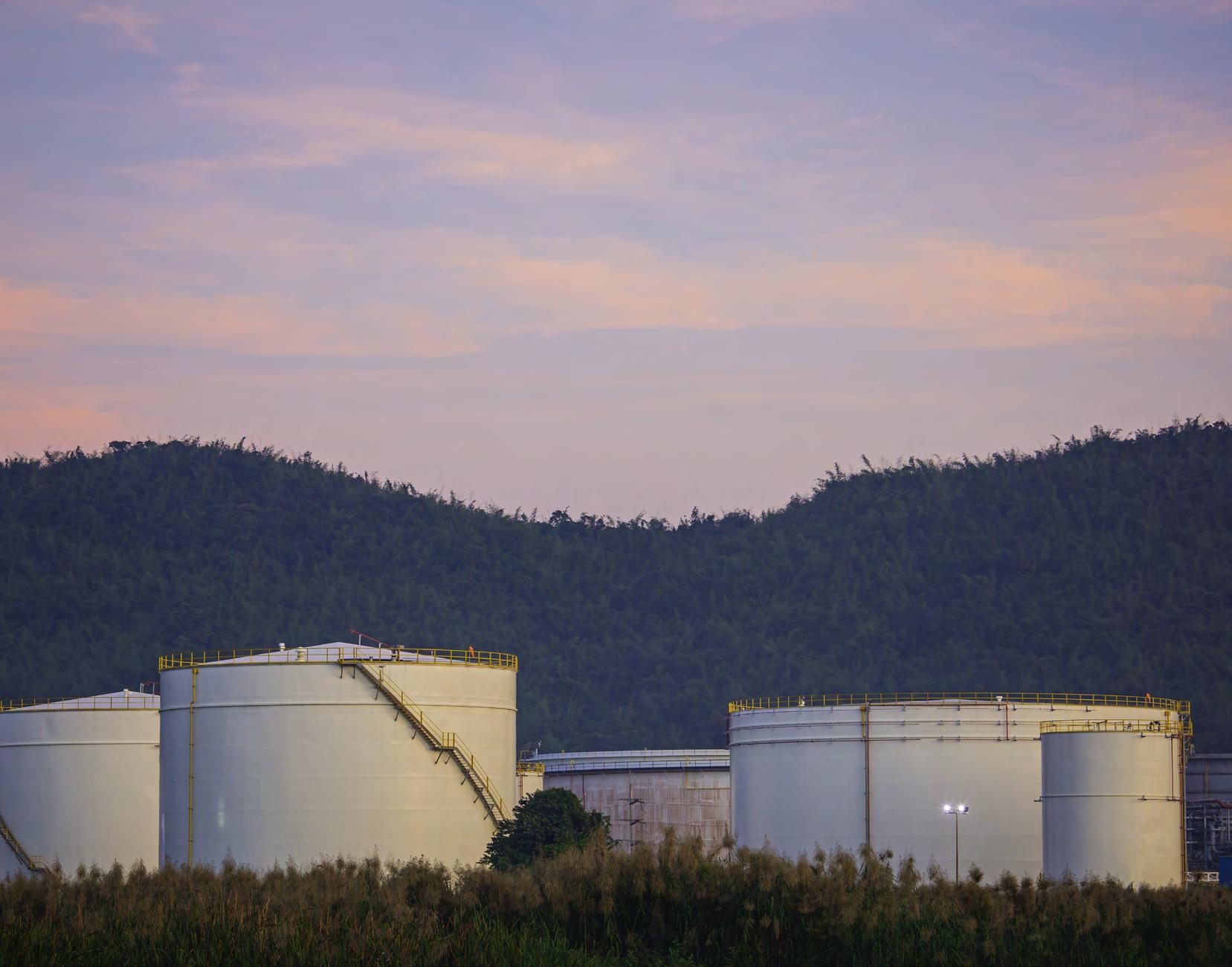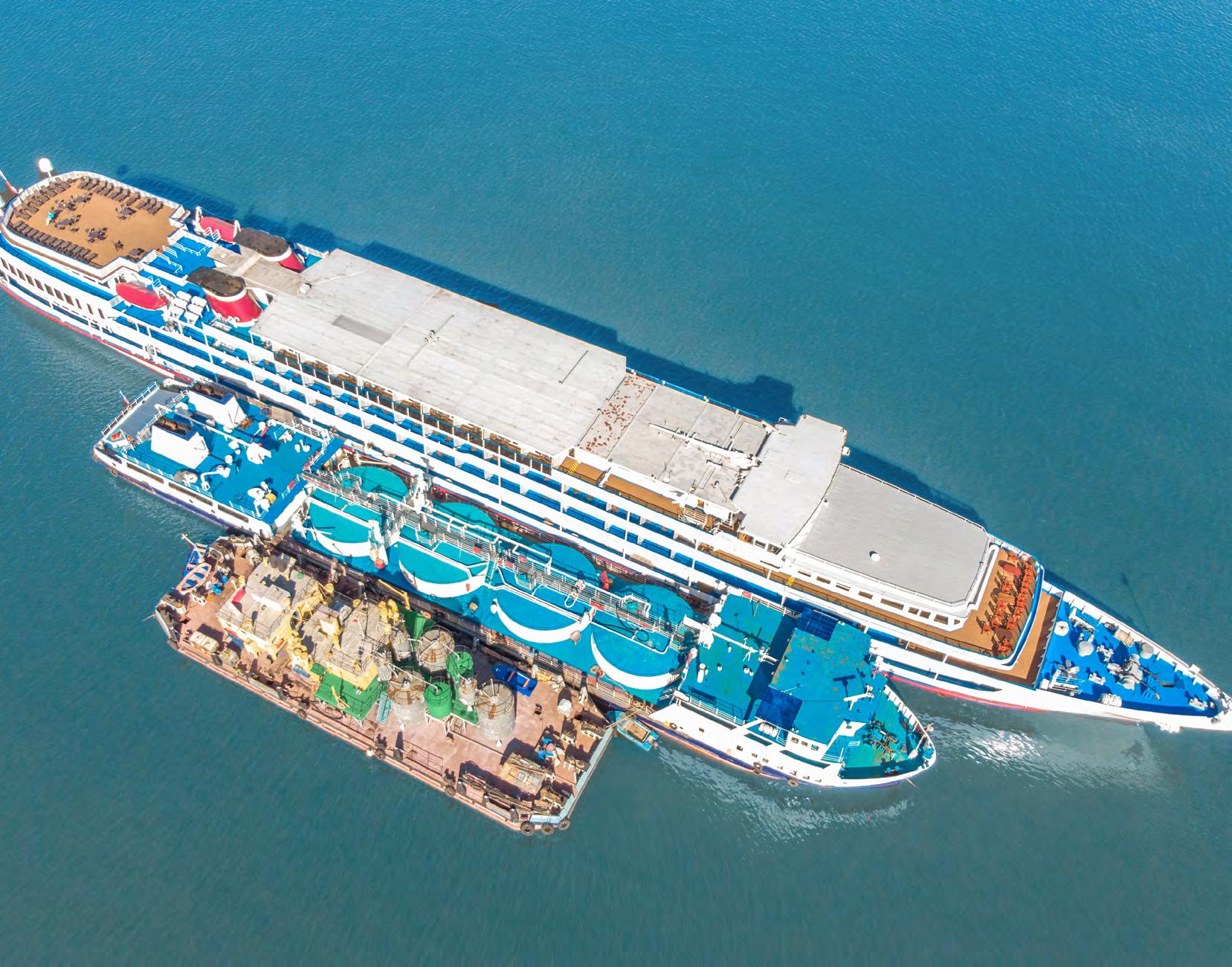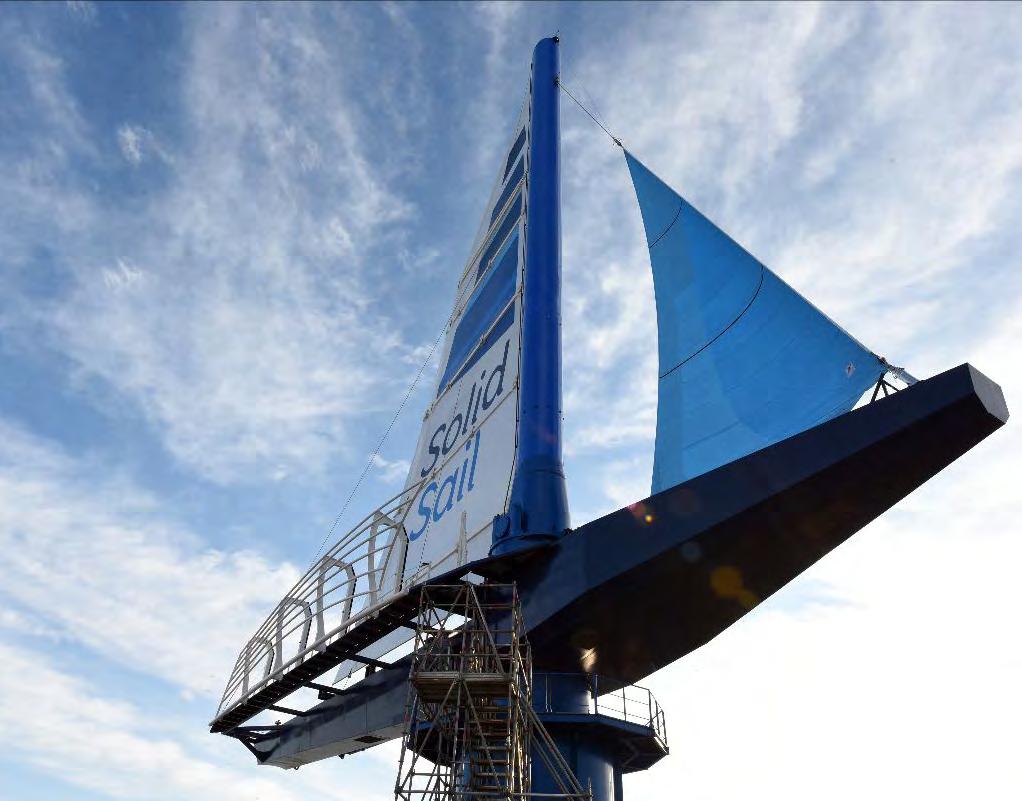
3 minute read
LAST WORD
from CSI Summer 2022
by Maritime-AMC
NEWS, VIEWS AND MORE FROM ACROSS THE GLOBE
LISTEN UP
As the Posidonia event went ahead at the beginning of June, new technology was in the spotlight. Maritime analytics provider MarineTraffic was there to promote the “shipping is here” message and to showcase technology that provides vessel positions, weather forecasts, container tracking and the like through its maritime data ecosystem.
MarineTraffic is now trialling an onboard device that will allow any vessel to become a listening station, collecting AIS and meteorological data from the surrounding area as well as broadcasting its own proprietary operational and navigational data for inhouse use.
It is anticipated that this will significantly improve the quality of global maritime vessel tracking data and allow smaller craft using AIS transponders to be detected away from shore for the first time.
The device will be available in early 2023. “We have built a platform that goes way beyond a vessel tracking service,” says MarineTraffic chief product officer, Dimitris Lekkas. “Data thrives when it works seamlessly with other data, turning it into real information and actionable intelligence. The connected vessel will deliver more accurate models for vessel arrival times and therefore help reduce fuel consumption. Our users will be able to build their own dashboards and combine their own data with information drawn from the huge MarineTraffic ecosystem.”
You “heard” it here first... SMOOTH AS SILK
Following on from the Silk Road, we now have the Silk Alliance, a new initiative by Lloyd’s Register Maritime Decarbonisation Hub and its partners, which will kick off with the intra-Asia container trade.
Lloyd’s Register Maritime Decarbonisation Hub is working with 11 leading cross-supply chain stakeholders to develop a fleet fuel transition strategy that can enable the establishment of a highly scalable Green Corridor Cluster.
The Silk Alliance brings together a diverse group of organisations whose collaboration can advance the decarbonisation of the maritime industry. Members will draw from their areas of expertise to develop a fleetspecific fuel transition strategy for container ships operating primarily in Asia, based on the Lloyd’s Register Maritime Decarbonisation Hub’s First Mover Framework.
This is designed to strengthen leadership and foster collaboration in the maritime industry to meet its COP26 commitments and to demonstrate tangible actions that can lower the investment risk that is currently preventing the wider uptake of sustainable carbonneutral fuels.
The initiative is named after the maritime section of the historic Silk Road, linking Southeast Asia to China, the Indian subcontinent and the Arabian Peninsula, which expanded over the course of centuries to incorporate new technologies and cultures.
The cross-supply chain collaboration is dedicated to delivering learnings to enable safe, commercially viable and sustainable marine transport in support of the industry’s longterm strategy to decarbonise international shipping by 2050. POWER GENERATION
New capacity for generating electricity from solar, wind and other renewables increased to a record level worldwide in 2021 and will grow further this year as governments increasingly seek to take advantage of renewables’ energy security and climate benefits, according to the International Energy Agency (IEA).
The world added a record 295 gigawatts of new renewable power capacity in 2021, overcoming supply chain challenges, construction delays and high raw material prices, according to the IEA’s latest Renewable Energy Market Update. Global capacity additions are expected to rise this year to 320 gigawatts – equivalent to an amount that would come close to meeting the entire electricity demand of Germany or matching the European Union’s total electricity generation from natural gas. Solar PV is on course to account for 60% of global renewable power growth in 2022, followed by wind and hydropower.
“Energy market developments in recent months – especially in Europe – have proven once again the essential role of renewables in improving energy security, in addition to their well-established effectiveness at reducing emissions,” says IEA executive director Fatih Birol. “Cutting red tape, accelerating permitting and providing the right incentives for faster deployment of renewables are some of the most important actions governments can take to address today’s energy security and market challenges, while keeping alive the possibility of reaching our international climate goals.”










